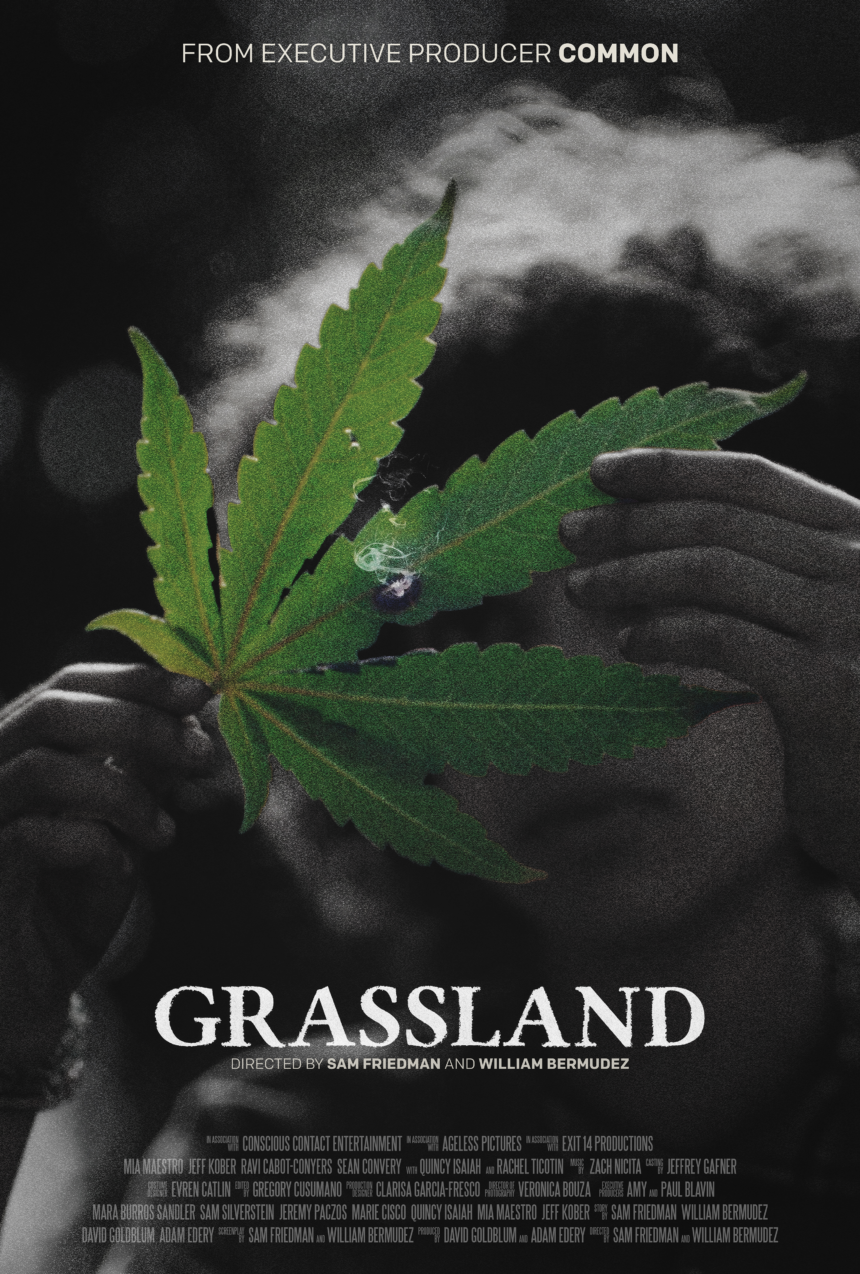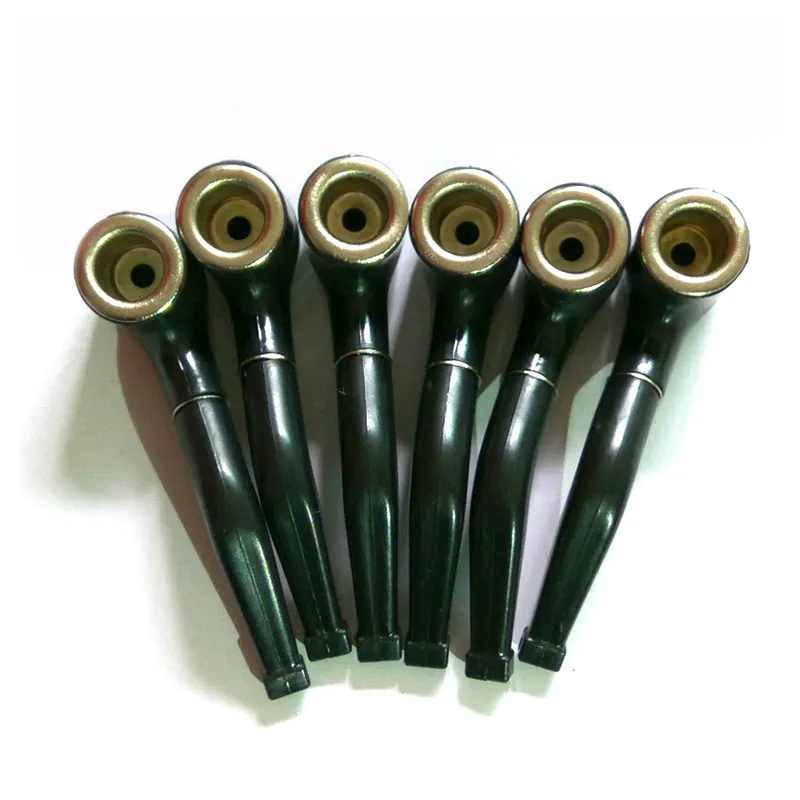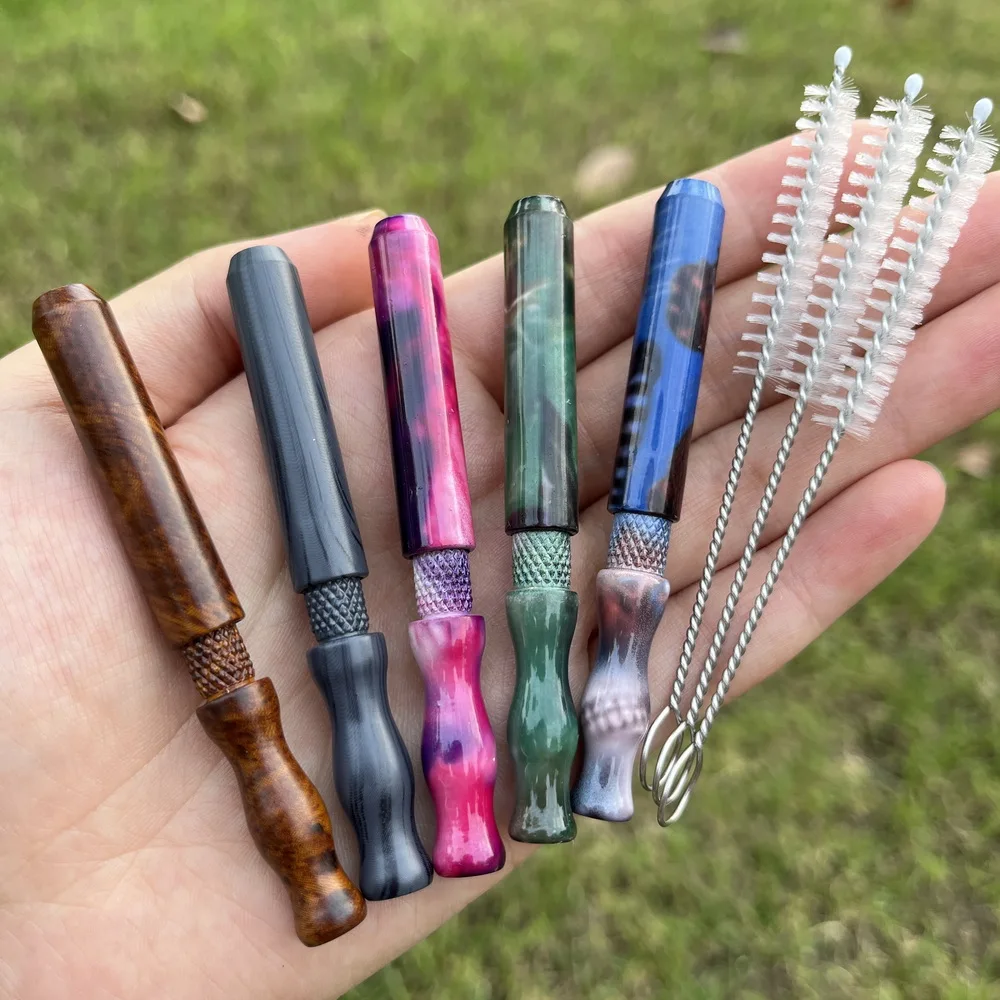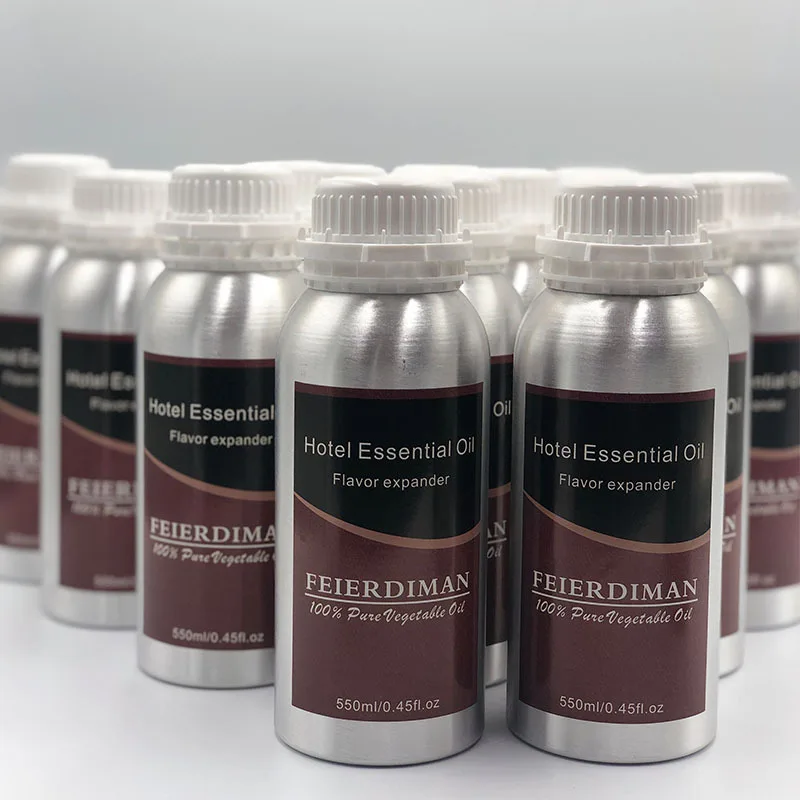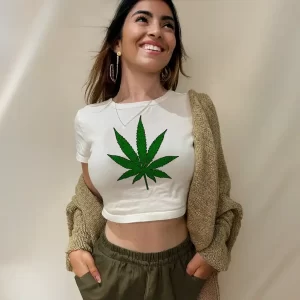
A moving drama set in 2008, Grassland explores the human cost of cannabis criminalization, with Jeff Kober delivering one of his most layered performances to date.
In Grassland, Kober trades in his long history of playing outlaws for the uniform of a conflicted police officer. The new Apple TV+ drama, available April 18, 2025, places Kober in the role of John, a widowed grandfather and retired cop navigating the quiet minefield of post-recession suburbia. But this is no standard cop drama. Grassland tells a more intimate, high-stakes story—one about family, grief, and the quiet injustices that come with selective enforcement of the law.
John moves into a modest apartment with his grandson, only to find that his downstairs neighbors—Sofia (Mía Maestro) and her son Leo (Ravi Cabot-Conyers)—are quietly breaking the law by producing and selling marijuana tinctures. The friction begins almost immediately. “My character wants the kids to get together and play,” Kober explained. “Of course, my neighbor wants nothing to do with me.” That tension becomes the film’s heartbeat.
A Personal History with Cannabis Laws
Kober’s personal connection to the material runs deep. During our conversation, he recalled his own brush with cannabis criminalization: “I was in Texas in 1975 on probation for possession and hiding an ounce of weed alongside the road… if I was busted again, I would’ve gone to prison for a good long time.” Now, decades later, he’s using cannabis medicinally—“I use gummies for pain,” he said, “which is far better than what doctors were prescribing me after surgery.”
That full-circle arc—once a young man hiding weed in a ditch, now portraying the lawman enforcing outdated drug policies—gives Kober’s performance a rare authenticity.
“It’s the weird juxtaposition of having once been a criminal, and today it is… not only not criminal, but really being used to help a lot of people.”
Crafting a Character from Conflict

Kober isn’t interested in playing one-note antagonists. His character in Grassland is not a villain, but a man shaped by personal loss. “My daughter died of a drug overdose,” he said of John’s backstory. “So even though I’m trying to be a nice guy, I am very… conflicted.” That internal tug-of-war—between compassion and control, empathy and law—is what gives the character real gravity.
One of the most wrenching scenes in the film involved Kober’s character physically detaining Quincy Isaiah’s character, Brandon, a young Black man drawn into Sofia’s operation. “I had to make him lay down, face down, and handcuff him,” Kober said, still visibly unsettled. “I was cheering for the other side, but having to embody the side I was on—that was a fantastic and horrifying scene.”
The production itself was unlike anything Kober had experienced in his long and varied career. During filming, producer David Goldblum arranged for the cast and crew to participate in a healing circle with the Transformational Prison Project, a restorative justice group made up of formerly incarcerated individuals. “Each of us brought something that we valued and put it in the center of the circle,” Kober said. “From that point forward… I had shared something real with these people. It allowed all of us to bring a whole lot more to the equation.”
This blending of art and activism became a crucial element of Grassland’s identity. “It allowed us to really allow our humanness to be there to tell the story,” Kober said. That authenticity translates to the screen in subtle but powerful ways—from the silences that say everything to the small gestures that hint at lifetimes of pain and compromise.
Rethinking Justice Through Story
At its core, Grassland challenges audiences to reconsider who we label as criminals—and why. “Sofia’s not selling pot for recreational purposes,” Kober said. “She’s making it for people who need the tincture to get through chemo or to deal with their pain. She’s performing a public service.” And yet, she’s forced to operate in the shadows, teaching her son to lie and distance himself from potential threats—including the child who lives upstairs.
The film shows how laws, especially drug laws, are not enforced evenly. “Quincy’s character gets jacked up for no reason other than the fact that he’s Black,” Kober noted. It’s a sobering reminder of the racial and economic disparities baked into the American legal system—especially when it comes to cannabis.
The Cop Who Could’ve Been a Criminal
One of the film’s quiet ironies is that Kober’s character is enforcing the very kind of law that once nearly destroyed his own life. That duality isn’t lost on him. “I felt true compassion for this character,” he said. “And what he had gone through—and was continuing to go through.”
Kober spoke candidly about the emotional toll that being in law enforcement—or portraying it authentically—can take. “Cops can’t keep their compassion intact. It gets stomped out of them quickly,” he said. “They don’t write the laws, they just have to enforce them.”
Looking Forward, Looking Within
With Grassland set to premiere on Apple TV+ this April, Kober hopes the film doesn’t just entertain but inspires reflection. “If ever there were a time when we were meant to come together and support each other, the time is now,” he said. “We really have to start looking past our differences to see the humanity in ourselves and in each other.”
That message—delivered not through speeches but through quiet, beautifully acted moments—is Grassland’s greatest strength. Kober’s performance is a reminder that empathy is a muscle, one that requires both honesty and imagination to build. And in a world increasingly polarized by politics and perception, that kind of storytelling couldn’t be more necessary.
Grassland premieres April 18, 2025, on Apple TV+. The official trailer is available now. Check it out here:


